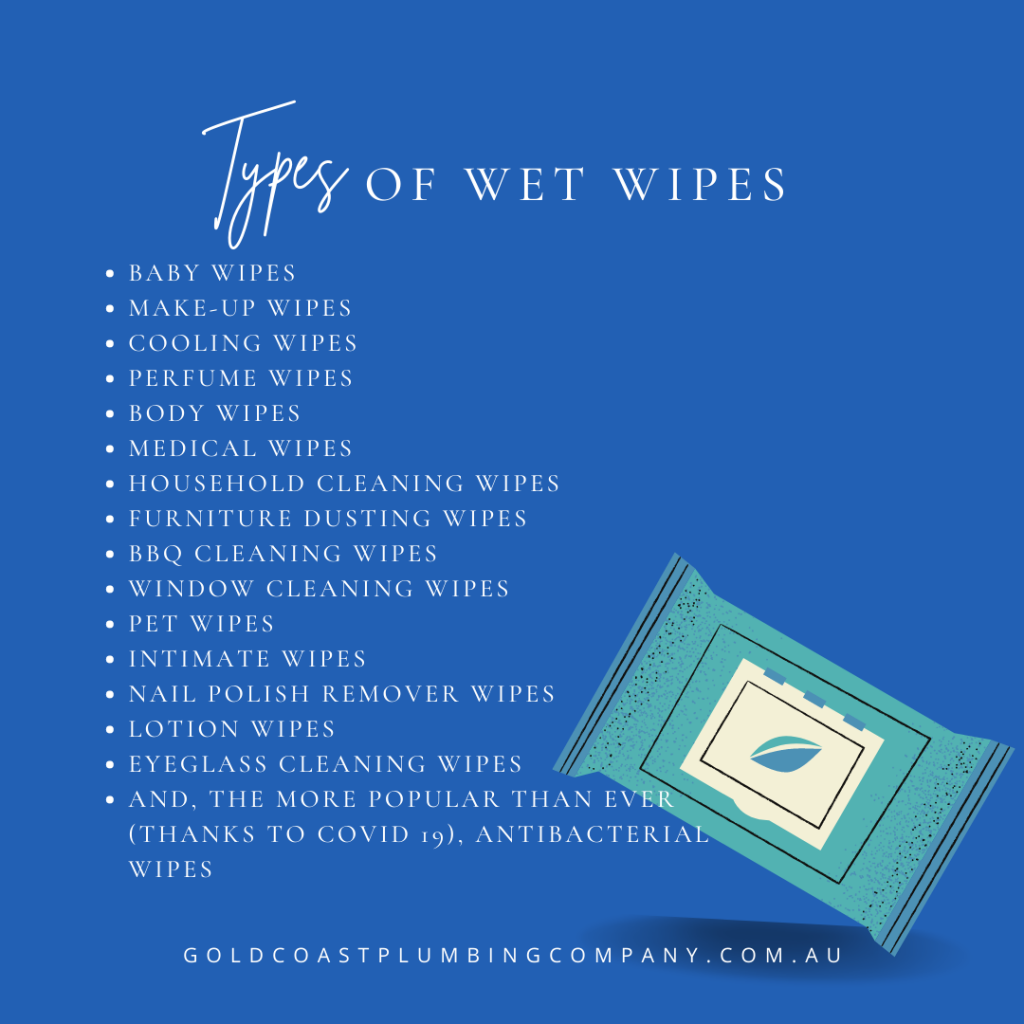7:00AM to 5:00PM
Most of us were first introduced to the seductive power of wet wipes, with their propylene glycol and benzalkonium chloride ingredients, as we tended to the tiny (often explosive) bottoms of our bubs. The convenience of the baby wipe cannot be overlooked in the baby care nappy bag arsenal. Based on their product packaging, these flushable wipes are cheap, easily accessible, portable, easy to use, and excellent at cleaning up our messy babies from one end to the other. Plus, they smell good with their lemon citric acid flavours or another. Whether it’s removing remnants of their stormy “poonamis” or cleaning up ice cream-smothered faces and hands, cleaning wipes have become a cleaning staple since the 50s.
With the pandemic making all of us more aware of the importance of personal hygiene to our health, a pack of wet wipes has taken a significant spot on our grocery list as a customer in the market, along with the other hygienic products, making sure we leave time to search for alcohol and wet wipes should there be no stock. Some of us even consider delivery, creating an account in online stores to add a pack of wet wipes to the cart, among other items, for cleanliness. Since, admit it, some of us don’t feel clean enough when we’re outside unless we’ve paired a wet wipe with alcohol on our hands and stuff.
But what happens with baby wipes or wet wipes after usage? Bin or bowl? Which wet wipes should go to the bin? Or are all types of wet wipes flushable?
Since wet wipes were first introduced in the store, these handy little cleaning legends’ types, brands, and uses have exploded. Today, baby wipes are not the only type of wet wipes we can quickly grab; there are many sorts of wet wipes on the lists we can also quickly get our messy hands on:

Wet wipes have surged in popularity as a versatile cleaning tool, often replacing traditional options ranging from toilet paper to the classic Chux. Their convenience is undeniable, and for many, they’re a staple in handbags, cars, and within arm’s reach at home, especially for those with a penchant for cleanliness or sensitive skin. Pre-alcohol wipe use offers a sense of comfort and added assurance.
Yet, there’s an essential consideration post-use of the impact on sewer systems. Often, wet wipes are mistakenly flushed down the toilet, which can wreak havoc on both household septic systems and municipal sewer lines. Sydney Water and other utilities caution against this practice due to the risk of sewer blockages.
Despite limited data on the full extent of the impact, it’s clear that these blockages can lead to significant environmental and infrastructural complications. It’s crucial to dispose of wet wipes correctly to maintain the integrity of our wastewater management systems.
Where should your dirty wet wipes go? Are all product types safe to throw in the bowl? Why should you even think about it? These are some questions you’re faced with when you’ve seen others throw away their baby wipes just anywhere, but you heard other things— about the troubles you can get into with flushing away your used wet wipes.
Many of these product types are labelled “flushable” in their packaging or claim the kind is safe for septic use.
But don’t believe everything you read or hear.
In general, baby wipes or any wet wipes do not belong in the toilet, regardless of the claims on the label. While flushable product types may go down the loo quickly, they can eventually cause many problems, blockages being the most common issue. When your bowl has had enough flushed baby wipes, you’ll have no choice but to contact an expert for plumbing needs.
Although some product types are better, most wet wipes eventually break down. But wet wipes take much longer to do so compared to their toilet paper counterparts.
Since the breakdown of wet wipes doesn’t happen as fast, their persistent presence can lead to an increased frequency of clogged pipes and blockages in plumbing and septic systems alike.
Once these hit a 45-degree angle in the plumbing pipes, your baby wipes can begin to clog, collect and then catch other things that would otherwise clear their path. Over time, instead of being flushed out, they plugged up the household plumbing.
These seemingly harmless baby wipes can also end up blocking the sewer completely. Both issues can result in an unwanted backup and damage that requires the help of an experienced plumber.
Besides causing blockage around the home, wet wipes can be equally dangerous to wastewater equipment and facilities. They’ve been known to cling to impellers inside a pump, causing it to burn out. This is why wastewater treatment authorities and plumbing professionals plead with the public to cease flushing these coveted product types.
We urge you to toss the wet wipes in the bin instead.
You’ve been warned. If you’ve been flushing away any signs of your “dirty” little wet-wipes habit, you could risk your home’s plumbing.
The choice to flush your wet wipes instead of throwing them in the bin can challenge wastewater treatment facilities, too. So, if you can’t break your wet-wipes habit, please choose to dispose of your baby wipes, body wipes and other similar product type in the bin, not the (toilet) bowl. Your plumbing will thank you for it!
If you’re still experiencing clogs without throwing baby wipes or wet wipes in the bowl, contact an expert plumber for help. It could be another plumbing problem a simple DIY won’t fix.